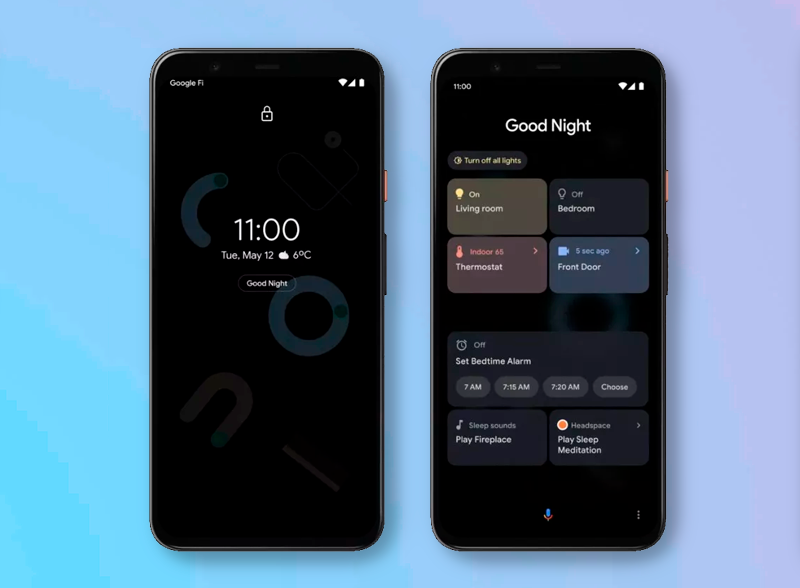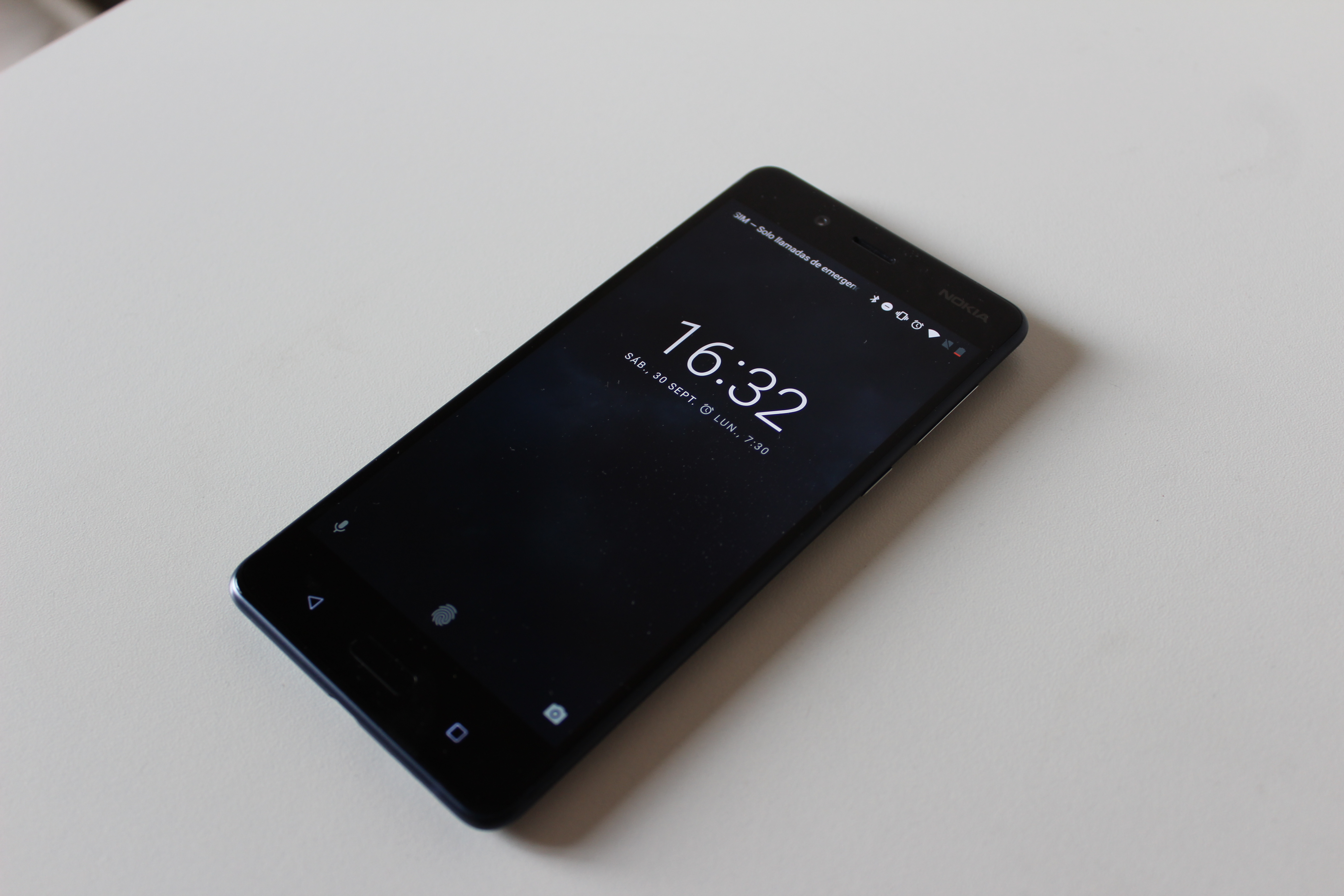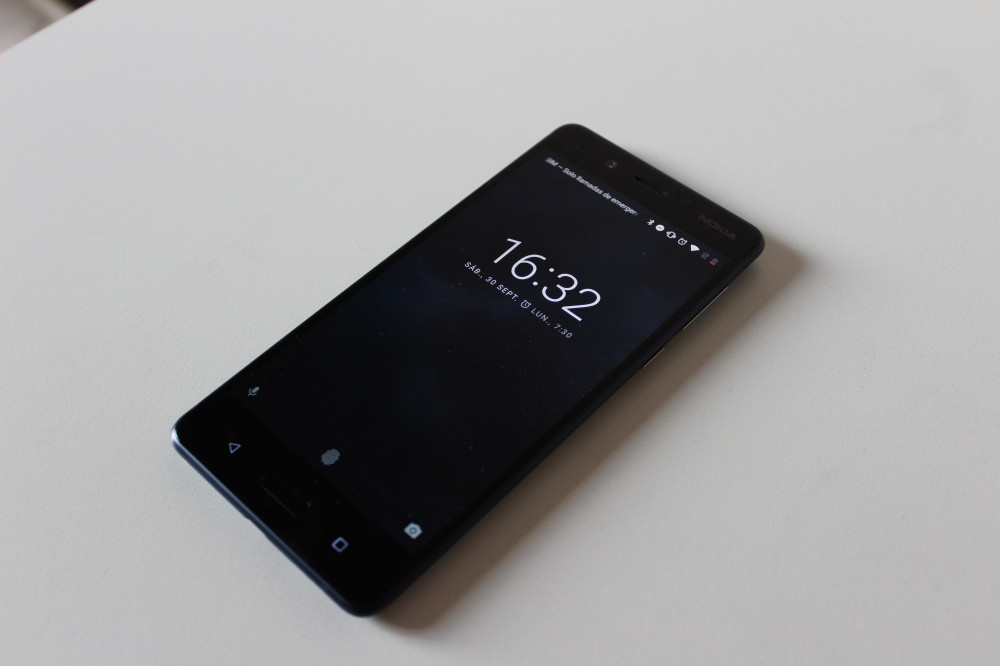The lock screen of smartphones has been stuck for a long time. This is a required location for security that has certain shortcuts, time, and notifications. Today we rescue one of Google ‘s most ambitious projects to make this part of the interface smarter and more useful. Yes, the lock screen on Android can give a lot, but much more of itself. What’s more, Google already knows how to do it.
The potential of lock screen 2.0 on Android

For many years, the lock screen on Android has served to keep your data safe and little else. Nor is it any wonder in IOS, because its function is what it is. The funny thing is that Google does have a system to return this part of the interface to a much better used one.
Android Authority has rescued a Google project in which he thought to make this screen a nerve center of AI, shortcuts and comfort. It began to develop in Android 11 and it seems that finally it did not become viable.
This 2.0 lock screen was intended to display a series of smart cards with recommendations based on your location, battery or action situation. For example, a YouTube Music card could be displayed when you plugged in your headphones.
It also contemplated the option to see your location and show you relevant information about a place or actions that you usually do in that place. Everything with just one click, without having to unlock the smartphone. It could even show you the controls for your smart lights when it gets dark.
The way you use the lock screen would completely change and become much smarter. Your smartphone would study your actions to show you more and better useful recommendations.
Privacy knocked down its implementation

Everything indicates that this lock screen was not implemented because of privacy. Showing all these recommendations and shortcuts on the lock screen could be dangerous at times, so it was deprecated.
Why are we talking about this function now? According to Android Authority , the function would be back in the hands of Google for a future implementation. If so, Android could make a significant leap in comfort and intelligence .

